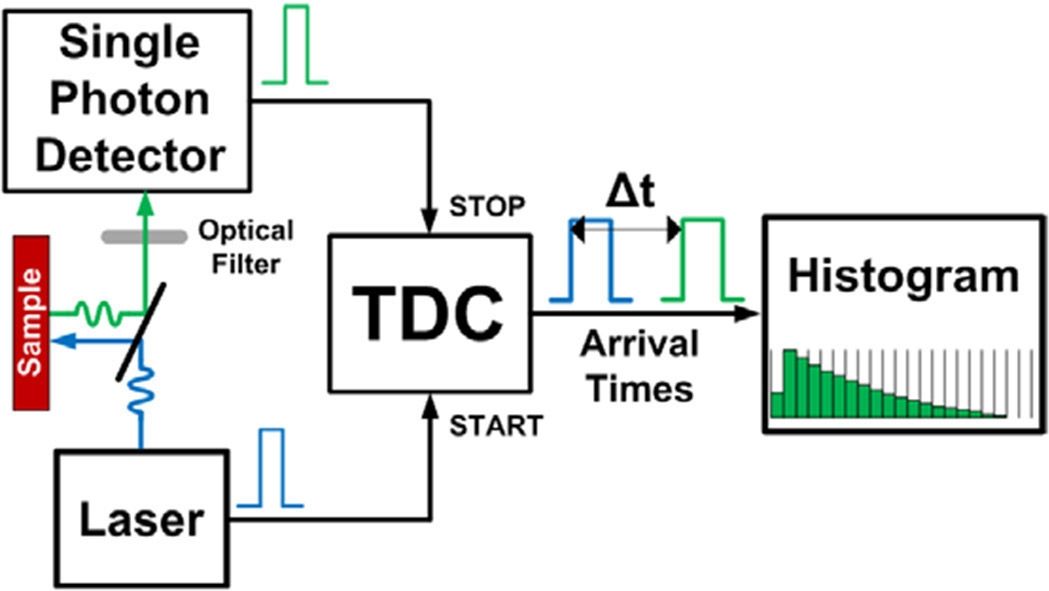High-performance detectors that are compatible with mainstream semiconductor device fabrication deliver high speed, ultra-sensitivity, and good timing resolution.

Recent advances in biomedical imaging include the enhancement of image contrast, 3D sectioning capability, and compatibility with specialized imaging modes such as fluorescence lifetime imaging (FLIM).1–3 Compared with other imaging methods, FLIM offers the highest image contrast because it measures the lifetime of the fluorescence, rather than just its intensity or wavelength characteristics. The contrasting fluorescence lifetime attributes can then enable the observer to discriminate between regions, such as identifying healthy and diseased tissue for cancer detection. In conventional FLIM, a discrete single-photon detector, typically based on photomultiplier tube (PMT) technology, enables the acquisition of a single focal spot.4 This focal spot is then raster-scanned across the field of view to form an image. This approach, however, requires sequential scanning—pixel by pixel—and thus results in a slow image acquisition rate.
